Sharing Our Vision at the “Energy and Communities in Transition” Conference
July 23 - 2025

On July 8, the Energy4All project was featured at the online conference “Energy and Communities in Transition: Service Learning, Research and Case Studies.” The event brought together researchers, community leaders, and practitioners from across Italy and beyond to discuss how local initiatives and research can accelerate the transition to just and sustainable energy systems.
A Platform for Local Energy Solutions
The conference went beyond theoretical discussions, offering a vibrant space for sharing practical strategies and lived experiences. Speakers explored the many dimensions of energy transition, from grassroots projects shaping local energy communities to the digital tools that can help citizens participate in energy decision-making. Discussions also examined how food and energy systems can be linked in sustainable ways and how municipalities can strengthen resilience by supporting local energy projects.
Policy frameworks, climate justice, and the social impacts of energy communities were central themes, creating a rich context for Energy4All to present its own vision for a fair energy transition.
Energy as an Urban Commons
Representing Energy4All, Stefanija Hrle Aiello (Eutropian), Lucia Damberger (BOKU University), and Eszter Ur (Solidarity Economy Center) introduced the project’s approach to rethinking energy as an urban commons. Rather than treating energy purely as a commodity, this perspective recognizes it as a shared resource that communities can govern collectively.
Their presentation highlighted how Positive Energy Districts and Energy Communities can become more inclusive and resilient when communities themselves are placed at the center of governance. They emphasized the importance of participatory decision-making, supportive legal frameworks, and engagement models that ensure the energy transition benefits everyone—not only those with financial resources.
Lessons from Across Europe
Energy4All’s insights stem from its ongoing work in four pilot sites across Italy, Austria, Hungary, and Norway. These sites each offer a different lens on how community-driven energy systems can thrive, but together they reinforce a shared lesson: successful energy transitions require enabling policies, active citizen participation, and the backing of municipalities.
In Rome’s Quarticciolo neighborhood, for example, grassroots engagement has allowed local residents to shape their own energy future. Meanwhile, in Austria’s GU Süd region, municipal support and clear regulations have proven vital in helping community-based energy projects grow. These examples show how local action, when properly supported, can create energy systems that are more just and sustainable.
Advancing Energy Democracy
For Energy4All, participating in this conference was an opportunity to showcase its interdisciplinary and community-focused approach while connecting with other stakeholders who share a vision of energy democracy. By framing energy as a commons and placing communities at the heart of governance, Energy4All is contributing to a future where the transition to sustainable energy systems is inclusive, fair, and benefits everyone.
About the Conference
The 10th Annual Grand Challenges Conference, organized by Rome’s Sapienza University , brought together researchers, innovators, and practitioners from around the globe for a free virtual event exploring fresh ideas and solutions in the energy sector.
This year’s theme, “Energy and Communities in Transition: Service Learning, Research, and Case Studies,” focused on how research, grassroots action, and innovative models can shape a just and sustainable energy future.
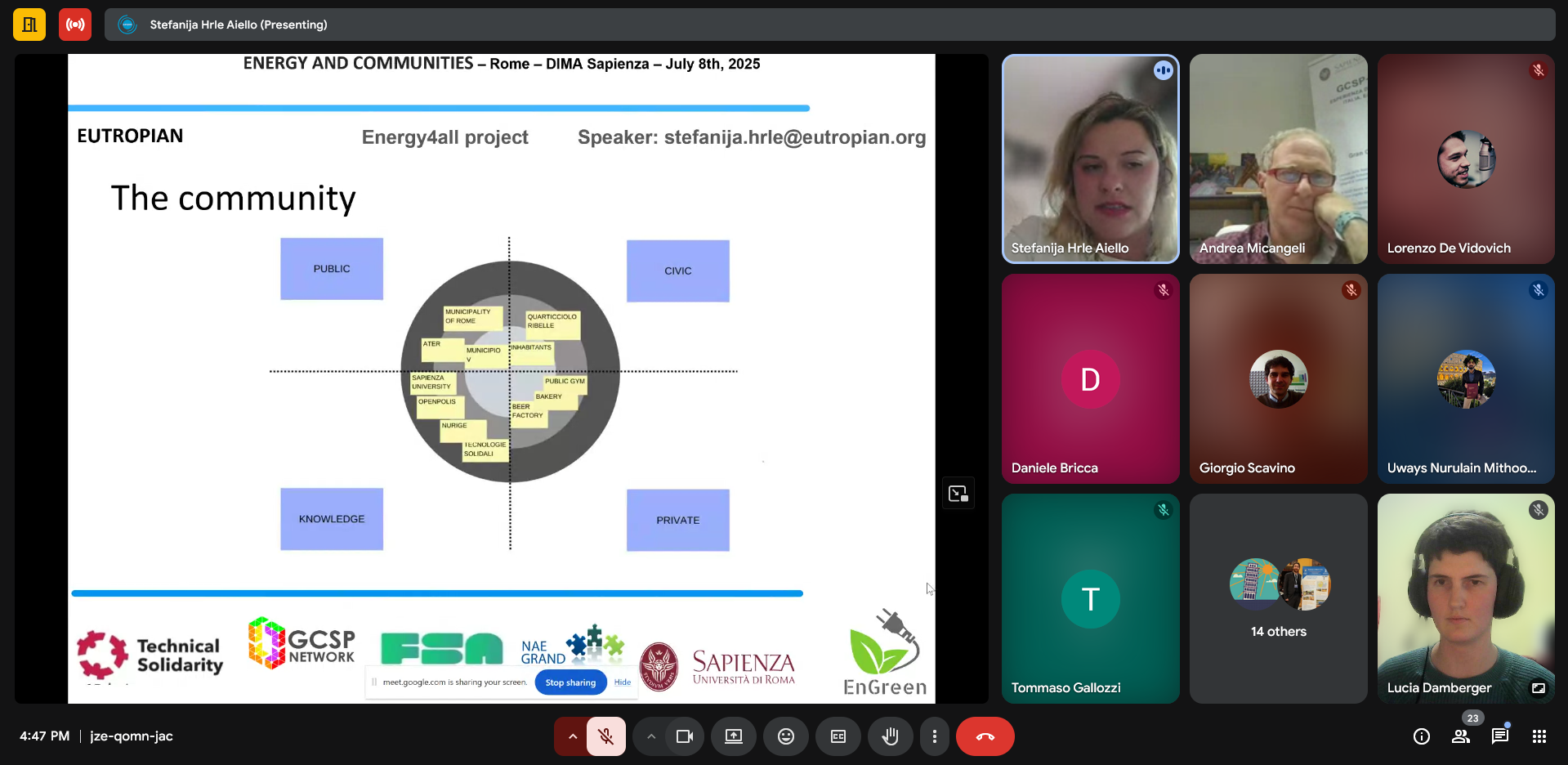


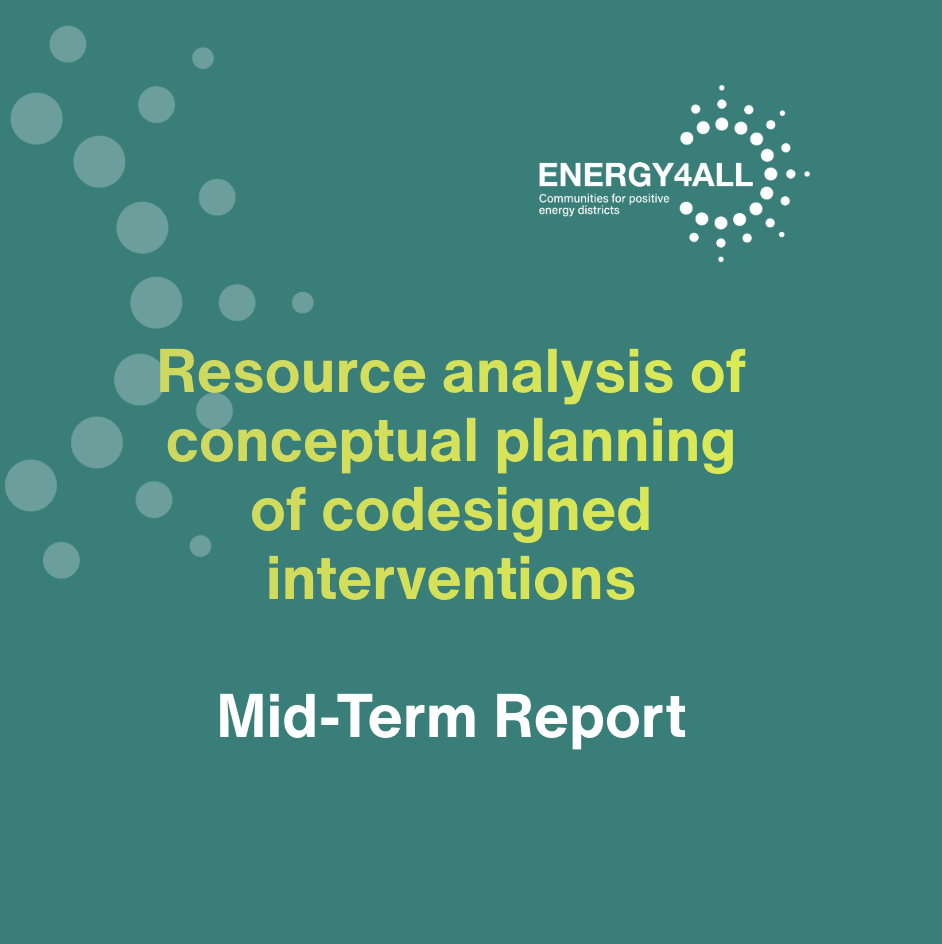
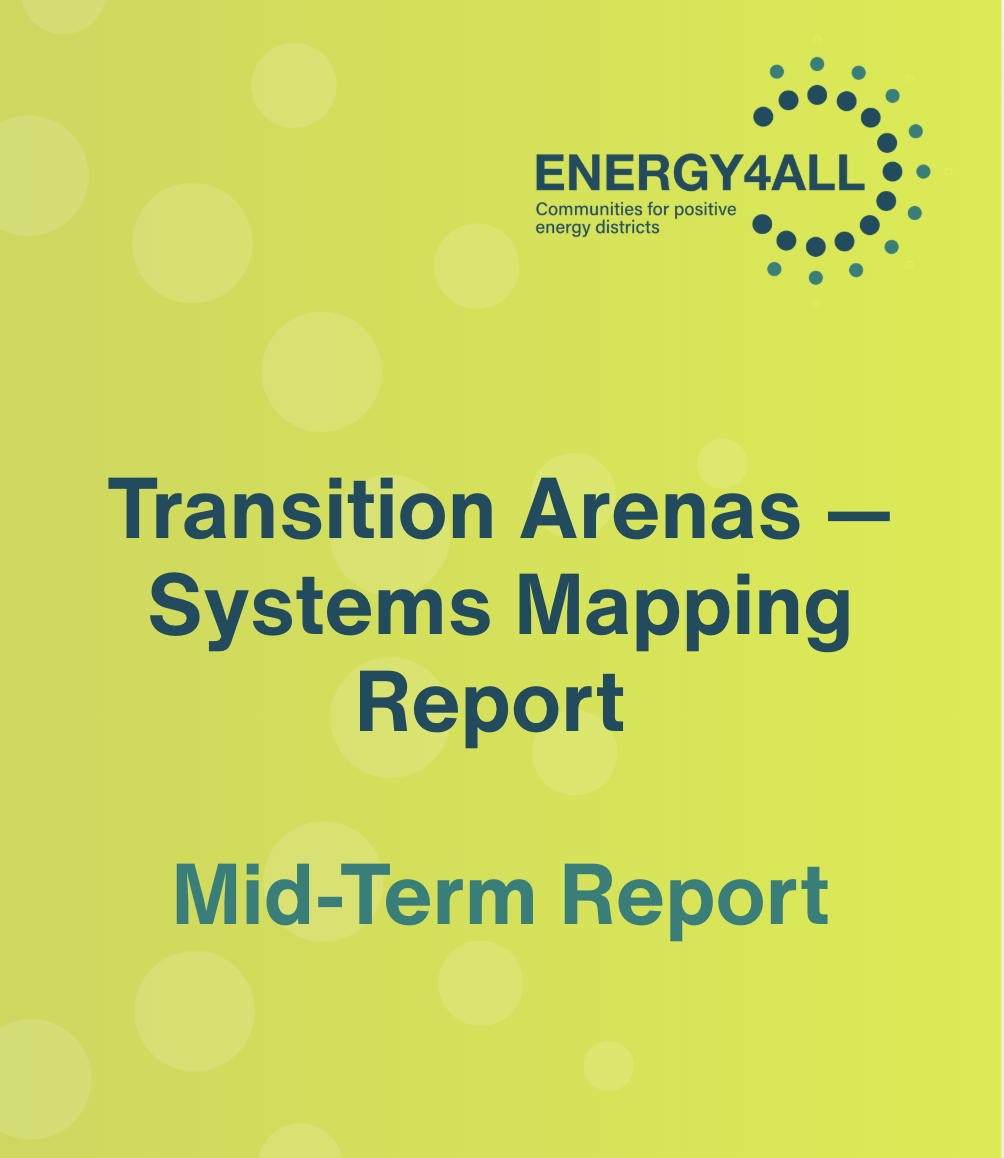
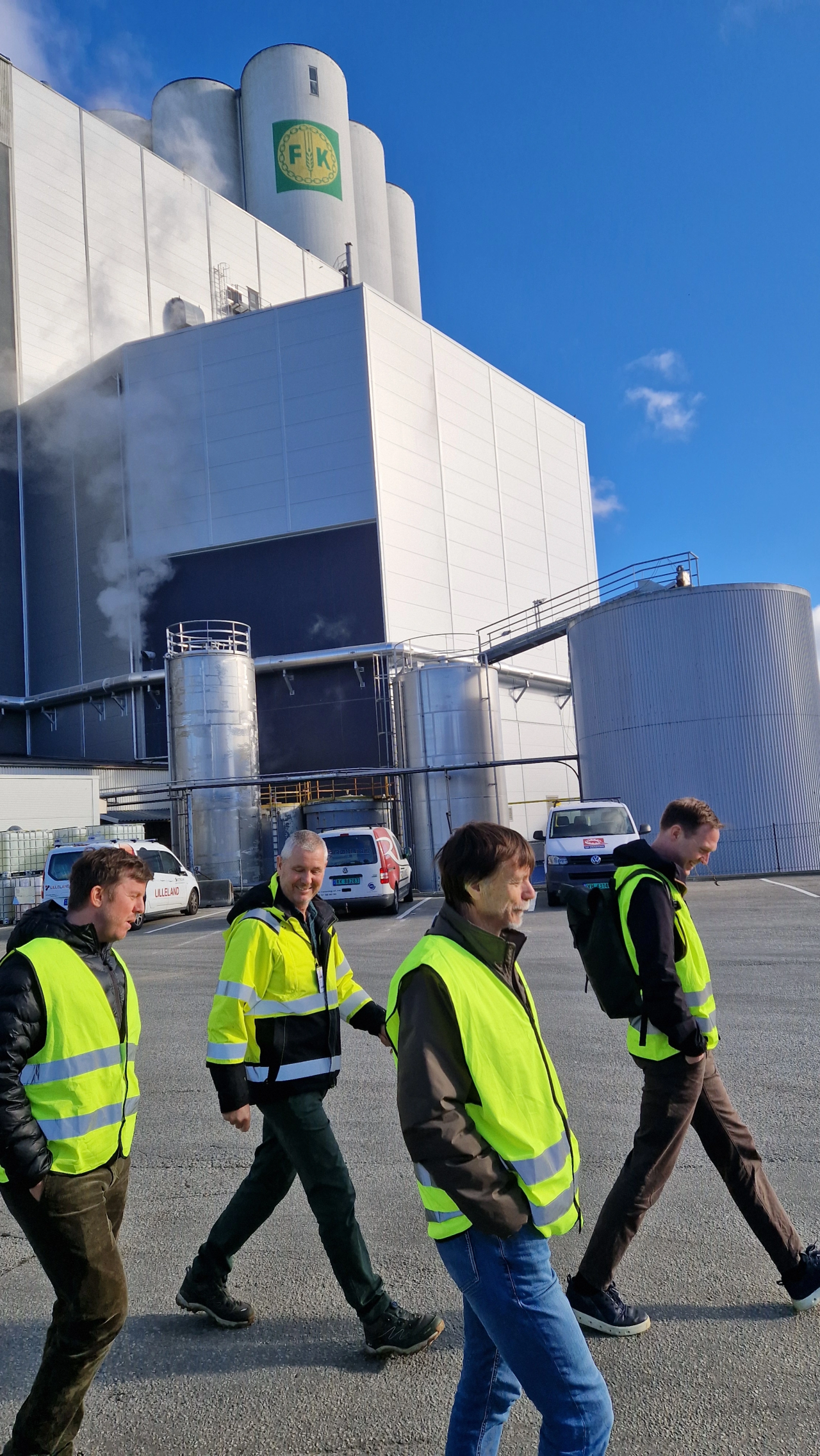
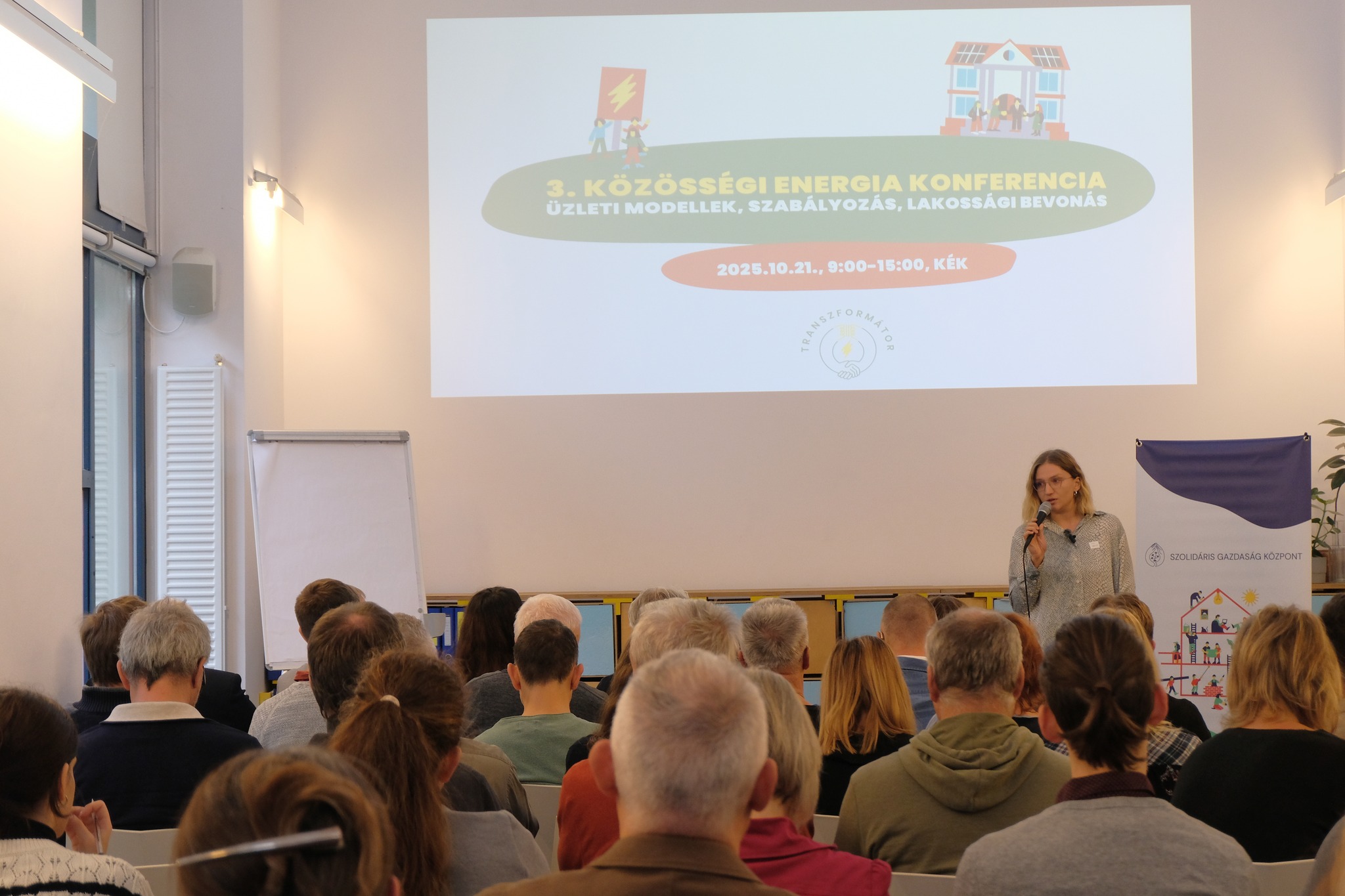
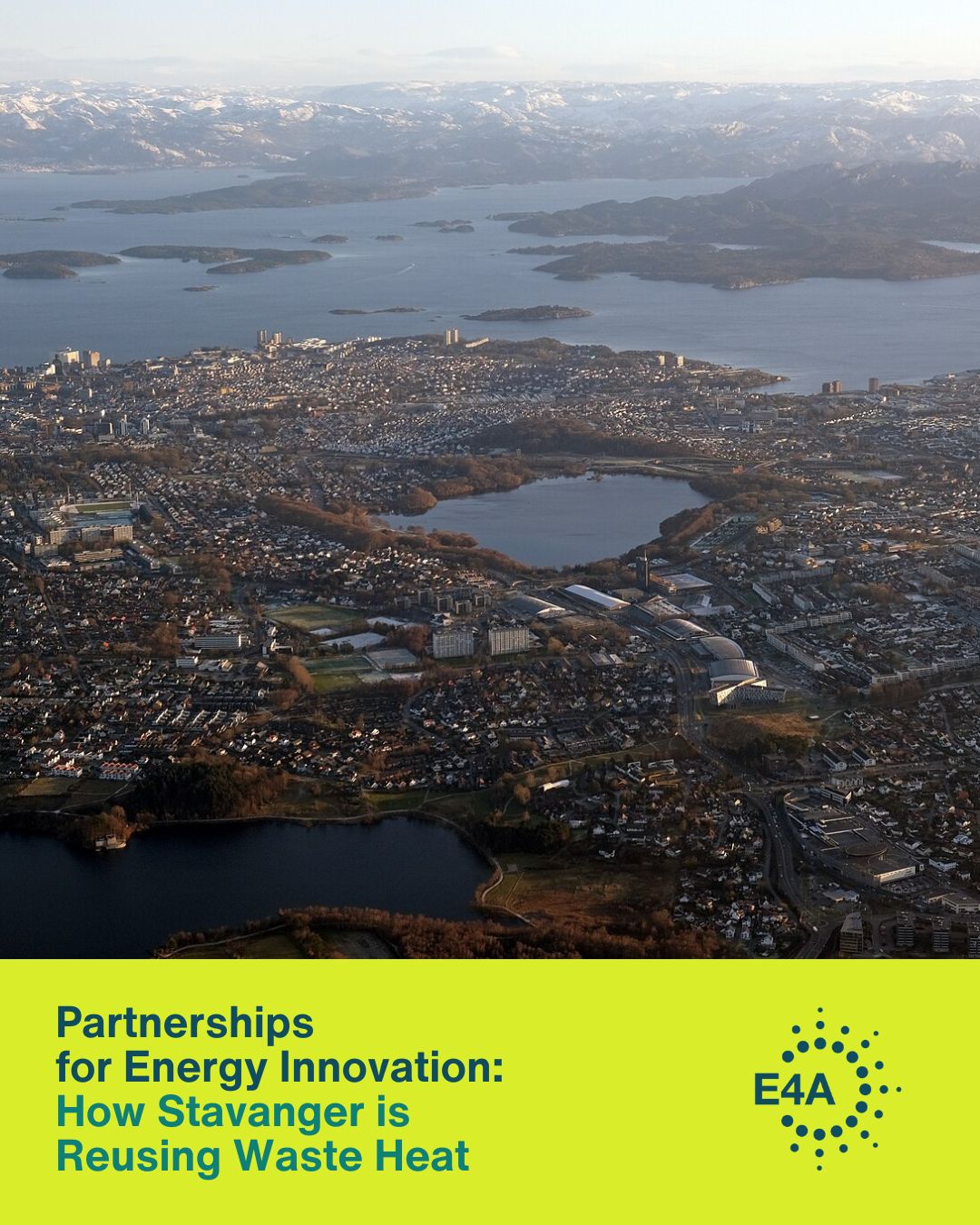




Share on